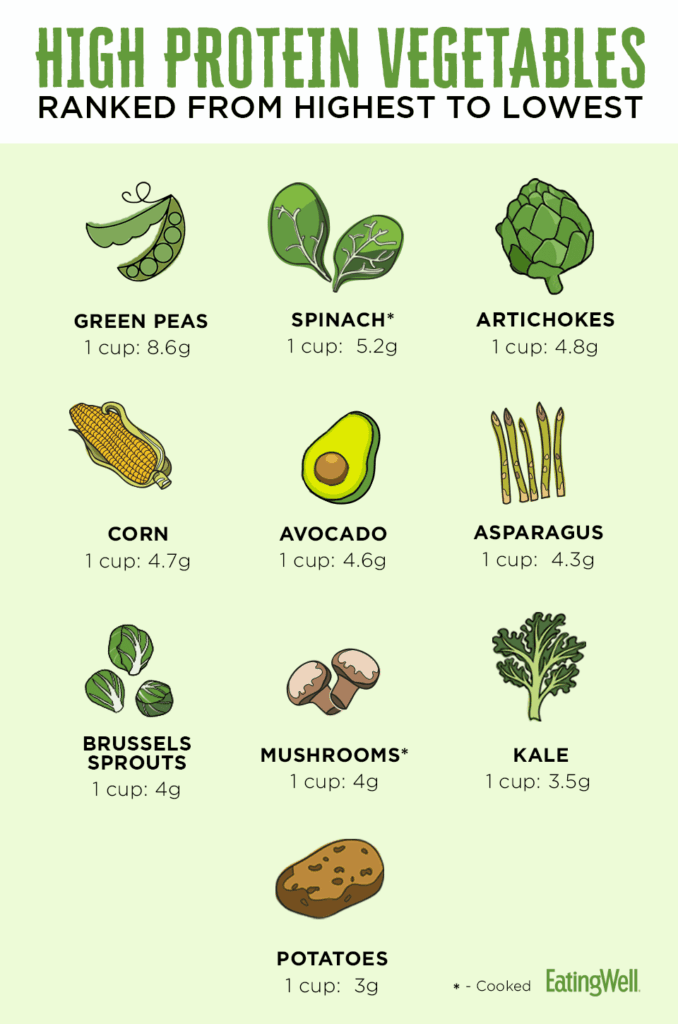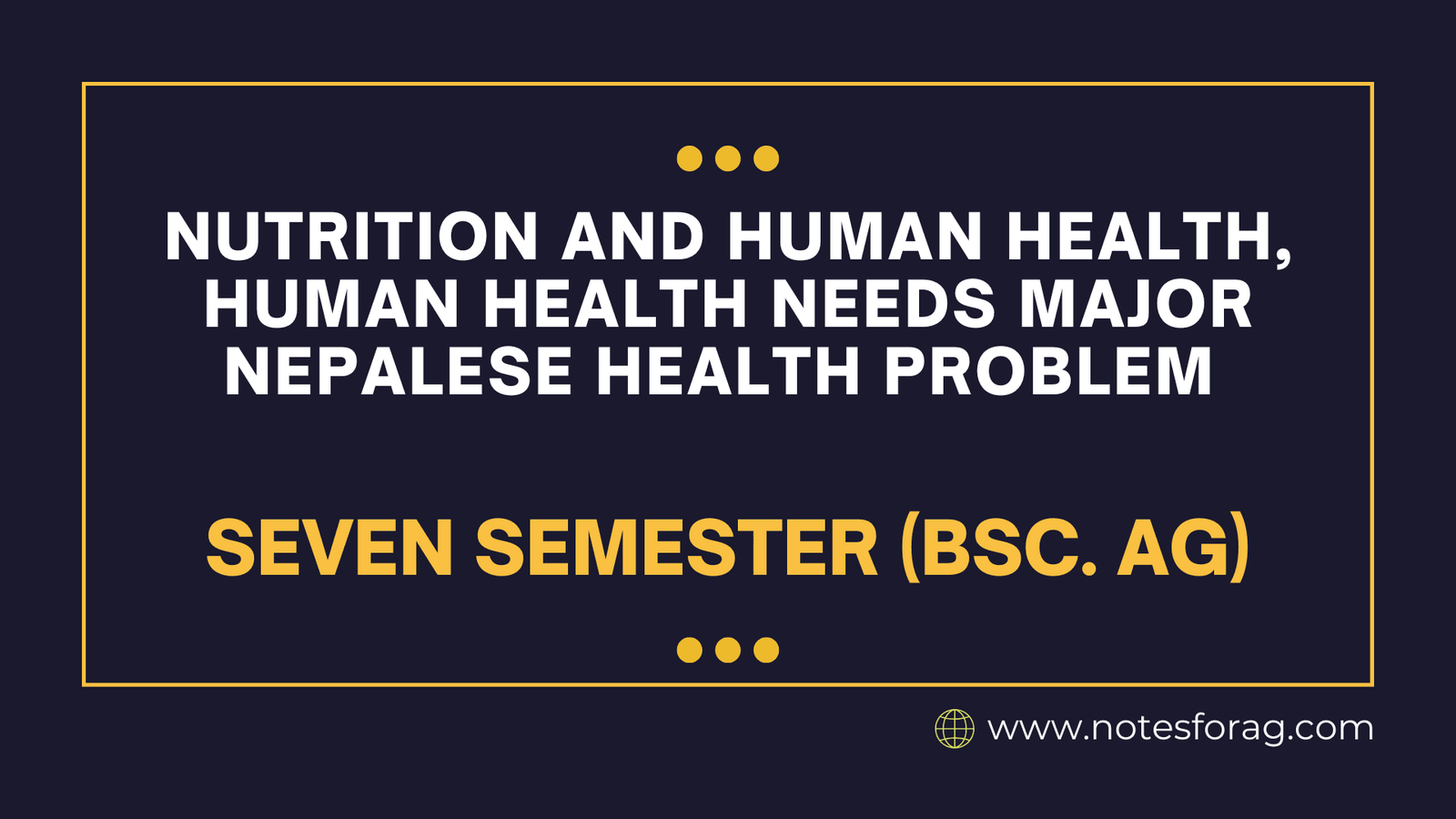Nutrition is key to human health, impacting our physical, mental, and emotional wellbeing. For people to thrive, they need balanced diets with essential nutrients. It is also called nourishment or dietary intake. It refers to the process of consuming and utilizing food and nutrients to support growth, maintain bodily functions, and promote health. In Nepal, however, many people struggle with inadequate nutrition due to poverty, lack of health services, and poor sanitation, contributing to major health challenges. Improving nutrition and health in Nepal requires addressing these issues in a thoughtful and practical way.

Table of Contents
Why Nutrition Matters ?
Nourishment forms the basis of good health. A balanced diet provides the necessary nutrients for energy, growth, immunity, and brain function. These nutrients include:
Carbohydrates for energy,
Proteins to build and repair tissues,

Fats for energy storage and brain health,
Vitamins and minerals for growth and immunity.

When people don’t get these nutrients, their bodies weaken and become prone to illness. In children, poor nourishment causes slow growth and lower immunity. In adults, it leads to chronic diseases like diabetes and heart disease, affecting both body and mind.
Major Nourishment-Related Health Issues in Nepal
Nepal faces a few major health issues tied to nutrition, primarily due to malnutrition and undernourishment:
1. Malnutrition and Stunted Growth in Children
Child malnutrition is a serious issue in Nepal, with about 36% of children stunted, meaning they are shorter than average for their age due to poor nourishment. Stunted growth affects both their bodies and brains, making it harder for them to reach their full potential. Malnourished children are also at higher risk for illnesses, as their weakened bodies can’t fight infections like diarrhea or pneumonia as effectively.
2. Anemia in Women and Children
Anemia, particularly due to iron deficiency, is common in Nepalese women and children. Anemia leads to fatigue, weakness, and pale skin. For pregnant women, it increases the risk of complications and can affect their babies’ health. Many families in Nepal can’t afford iron-rich foods like meat and eggs, but can benefit from other options like lentils, beans, and fortified foods to improve iron levels.
3. Infectious Diseases from Poor Nutrition and Sanitation
Poor nourishment weakens the immune system, leaving people more vulnerable to infections. In Nepal, infections like tuberculosis and stomach diseases are worsened by poor nourishment. Poor sanitation and lack of clean water further complicate these issues. In many areas, a lack of clean drinking water and sanitation facilities contribute to the spread of these diseases.
4. Non-communicable Diseases (NCDs)
Nepal is seeing a rise in diseases like heart disease, diabetes, and high blood pressure. Poor diets with too many processed foods and sugary drinks are a big factor. Limited access to fruits and vegetables also contributes to these problems. Promoting healthier diets and physical activity is important to prevent these diseases.
Solutions to Improve Health and Nutrition
To improve these health issues, various actions can be taken:
Educating Communities: Teaching families, especially mothers and children, about nourishment, food hygiene, and cooking can encourage better food choices. Schools can also help by teaching children about nourishment from an early age.
Making Nutritious Food Accessible: Providing food support, like fortified foods or food subsidies, helps people access nutritious food, especially in rural areas where healthy food is hard to find.
Expanding Healthcare Services: Expanding healthcare in rural areas can help catch early signs of malnutrition and anemia and provide necessary treatments.
Improving Sanitation and Access to Clean Water: Improving sanitation facilities and access to clean water can reduce diseases that spread through poor hygiene and contaminated water. Teaching safe practices, like handwashing and food safety, also helps reduce the spread of infections.
Conclusion
Good nourishment is essential for strong health, growth, and immunity. In Nepal, issues like malnutrition and anemia affect many people, especially children and women. By promoting nourishment education, improving food access, expanding healthcare, and enhancing sanitation, Nepal can move toward a healthier society where everyone has a chance to lead a fulfilling life.
Frequently Asked Questions (FAQ)
What causes malnutrition in Nepal?
Malnutrition in Nepal is caused by a combination of factors, including poverty, lack of access to nutritious food, limited health services, and lack of knowledge about healthy diets. Poor infrastructure in rural areas makes it hard for families to access fresh and nutrient-rich foods.
Why is nourishment important for human health?
Nourishment provides the body with essential nutrients like carbohydrates, proteins, fats, vitamins, and minerals, which are needed for energy, growth, immunity, and brain function. Good nutrition helps children grow well, prevents chronic diseases in adults, and supports overall mental and physical wellbeing.
Related Articles

